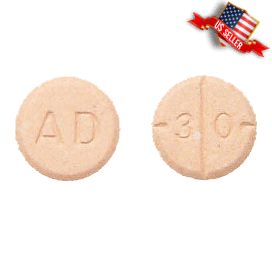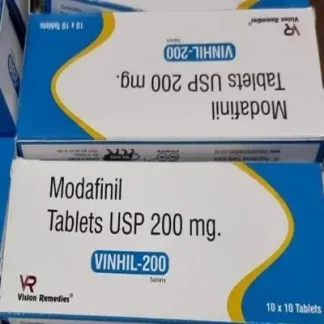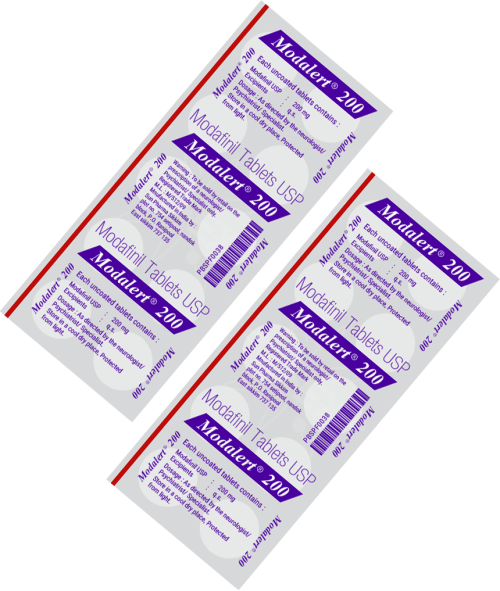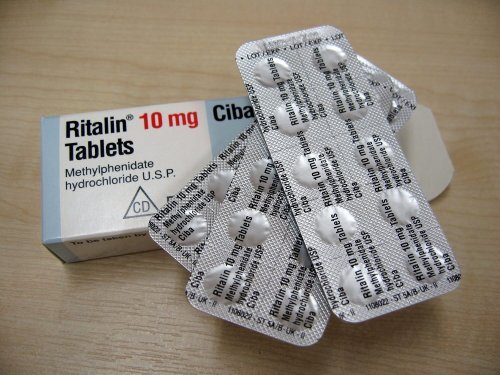-
Add to WishlistAdd to Wishlist
Select options This product has multiple variants. The options may be chosen on the product page
-
Add to WishlistAdd to Wishlist
Select options This product has multiple variants. The options may be chosen on the product page
-
Add to WishlistAdd to Wishlist
Select options This product has multiple variants. The options may be chosen on the product page
-
Add to WishlistAdd to Wishlist
Select options This product has multiple variants. The options may be chosen on the product page
-
Add to WishlistAdd to Wishlist
Select options This product has multiple variants. The options may be chosen on the product page
-
Add to WishlistAdd to Wishlist
Select options This product has multiple variants. The options may be chosen on the product page






